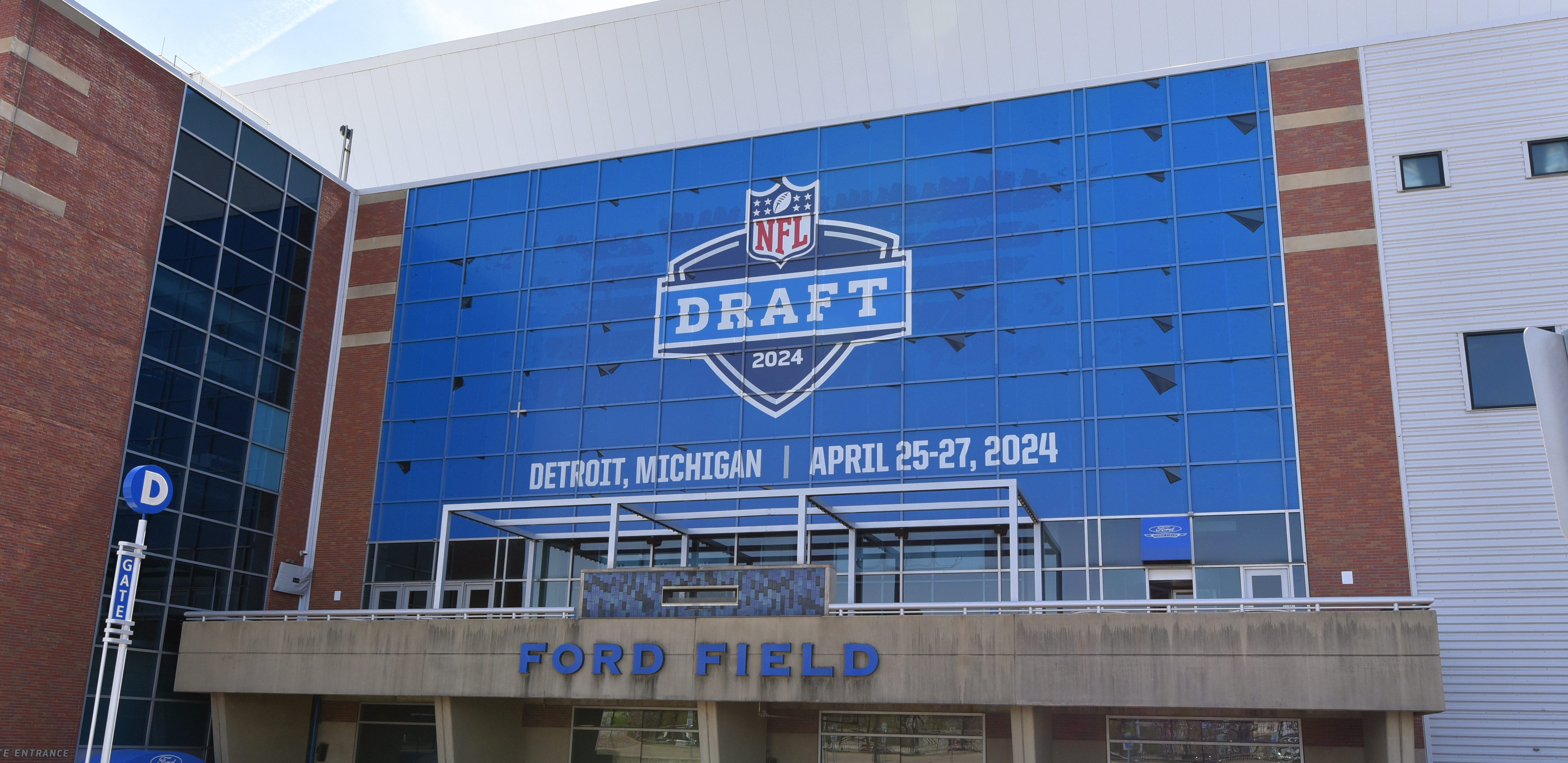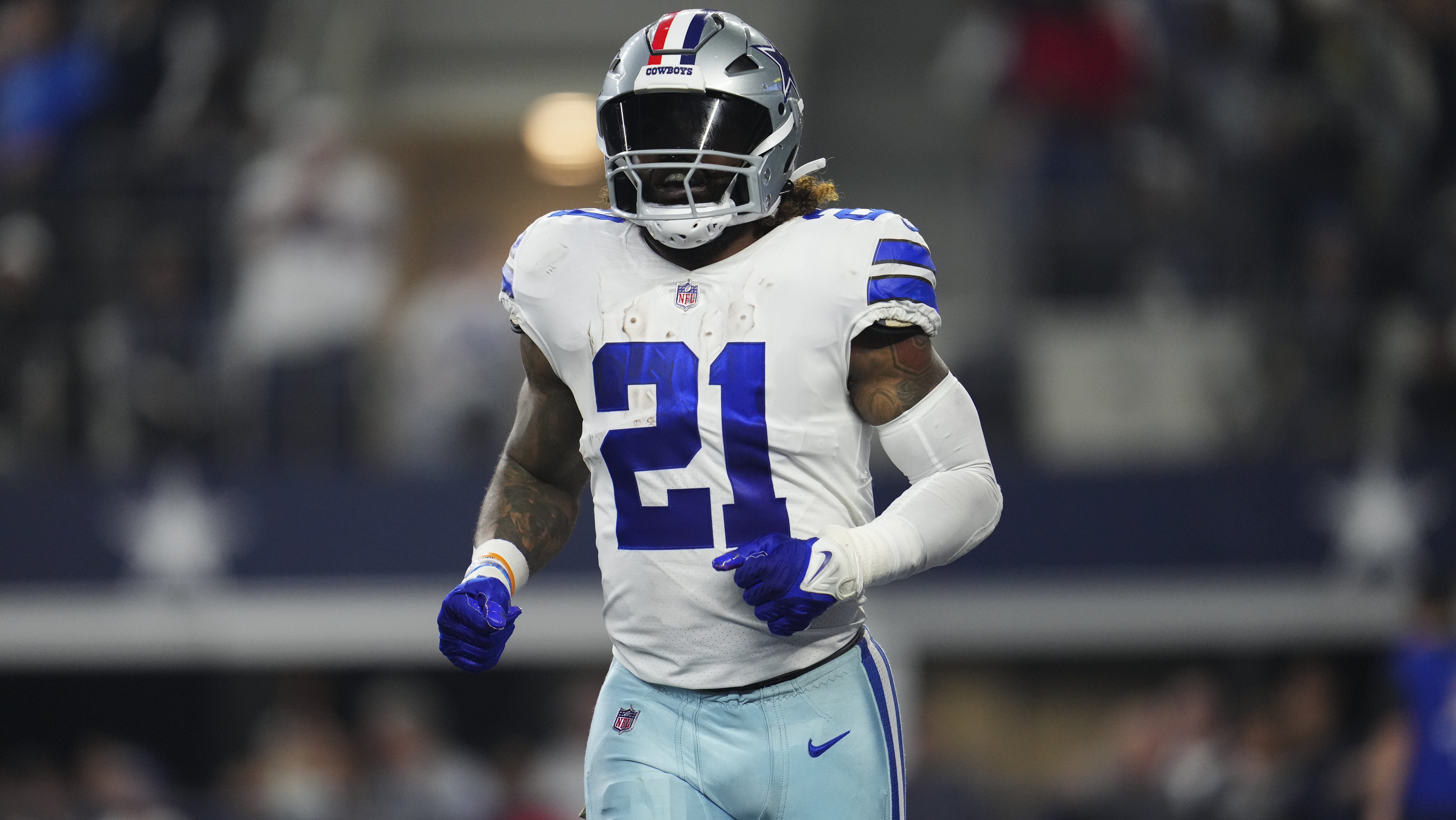
The 31-28 overtime Bears loss to the Miami Dolphins on Sunday had myriad authors on the Chicago side of the ledger. Quarterback Mitch Trubisky correctly assessed the defeat as a team loss, which is pretty much the case in any NFL loss, but particularly so in this case.
“Growing pains” only goes so far in explaining the variety of problems that befell all three Bears phases in the heat of south Florida. And while devastating mistakes are inevitable for young, inexperienced head coaches and players, it falls to those coaches and players to demonstrate that Sunday in Hard Rock Stadium was an anomaly.
Because after five 2018 games, it is not clear that the Miami missteps are indeed exceptions, on the parts of players or coaches, both in fact. Regardless of whether the fault lies with offense or defense (special teams get a pass; Sunday should never come down to Cody Parkey needing to make a field goal from 53 yards).
Stay in the game with the latest updates on your beloved Chicago sports teams! Sign up here for our All Access Daily newsletter.
The Bears have gone into four 2018 fourth quarters with leads and lost two of those games. The late-game defensive collapses at Green Bay and Miami should suffice to put a sock in mentions of the ’85 Bears defense and the ’18 iteration in the same conversation.
And the fact that the Bears offense has not scored more than 7 points in any of the five 2018 fourth quarters says that more than just the defense lacks a consistent finishing kick.
Coaching not to lose?
There is a fourth “phase,” and not the one (fans) that Lovie Smith once cited. It is coaching, which is intricately interwoven with each of the three main units but is its own phase. How well this fourth phase performed in Miami is a matter of some hazy perspectives.
NFL
“I’m a big boy; I can handle criticism,” Nagy said Monday. “You talking about the 53-yard field goal? No, I’m fine with that. I have no issue at all with the criticism. That’s where people are? That’s their own opinion. I felt good with what we did and, shoot, we’re all in this thing together and I trust our guys.”
Beginning with relative minutiae: Two flags were thrown (one declined) in Miami for illegal formations, in both cases for leaving the right tackle uncovered. A delay-of-game penalty on a second-and-3 at the Miami 44, led to a punt when the offense only made up seven of the resulting eight yards. That sloppiness pointed to issues on the sideline rather than in the huddle.
On multiple occasions coach Matt Nagy strongly defended Trubisky during training camp when interceptions occurred, the coach considering those acceptable temporary losses in the greater quest for his quarterback learning to stay aggressive in learning his limits and capabilities.
Yet in more than one situation Sunday, it was Nagy who dialed back the aggressive edge that he’s spoken of seeking to install in his quarterback and team. It left at least a small question as to whether Nagy lacked confidence in himself or his quarterback or his team to deliver in a critical moment.
Did Nagy second-guess himself the morning after? “Nope.”
Shaky confidence?
Whether the Bears were properly prepared coming into Sunday was an issue. A team on a three-game high came out of an off week with its poorest first-half performance of the season.
But it is what happened, or didn’t happen, later that warrants the some scrutiny.
As in: Nagy’s playcalling with the game there for the winning – the overtime possession starting from the Chicago 20, needing only a field goal for a win.
The point is not second-guessing a specific call or calls, but rather what may be at work with Nagy’s overall thinking and propensities.
After a short, high-percentage throw to Trey Burton on first down, Nagy called five straight runs. The first two, runs of 19 and 15 yards by Jordan Howard, worked. Howard went out for a two-snap break, then was back for a final run on third-and-4, which failed, leaving the ball at the Miami 35, Nagy’s minimum for attempting a field goal.
Beyond the obvious conservatism, the overall put the Bears in position of not only needing to convert a 53-yard field goal, but also leaving the Dolphins with field position at their 43 if the kick missed, which it did, although NFL kickers convert from 50-plus yards at a rate approaching 62 percent.
“To me, that 35-yard line [was the minimum], a 53-yard field goal, I have ultimate trust in [kicker Cody Parkey] making that,” Nagy said. “But at the same time, every yard that you get brings the percentage up a little bit.
“We just hit a [19]-yard run, we just hit a 15-yard run, and then we had a couple more runs right behind that. That’s just the decision we ended up making. Now, [if] he makes that kick and we’re good. He doesn’t and it’s ‘could you get a little bit closer?’ It would have helped, but at the same time I think Cody would be the first to tell you that he knows he can make that.”
One problem: Were Nagy’s defense playing at the level it had in the three previous games, he could be excused for trusting his defense to deliver a stop even with the Miami starting point. But the Dolphins had pushed the defense backwards for 344 total yards over the prior six possessions. There should have been no reasonable expectation that the defense, which already had driven backward 74 yards before a fumble on the first overtime possession, would suddenly rise up for a stop.
Nagy’s tactics also hint a lack of convinced confidence that his quarterback and offense could pull off an aggressive, under-control possession at that point. Exactly what Nagy is likely to stay in-house. His offense had scored touchdowns on four of its first five possessions of the second half, when the Bears never punted.
But Trubisky had thrown an inexplicable interception from the Miami 13 and Tarik Cohen had lost a fumble at the Chicago 45 on the fourth-quarter possessions on either side of the final Bears touchdown. So by the time the overtime possession arrived, Nagy had seen turnovers by all three principle members of his backfield – Cohen, Howard and Trubisky.
Whatever his reasoning, Nagy flashed defensive in the face of questions on his calls – “You go ahead, you throw it and then [media] are here asking me why you took a sack” – a response loosely suggests that Nagy either cares what people think (unlikely) or that he was mad at himself and/or his players (more likely).
That Nagy alluded to Trubisky taking a sack recalls sacks that the quarterback has taken that cost his team yardage before a missed field goal (Arizona) and other sacks incurred trying to force a play. Nagy sidestepped a question as to whether he would play that situation differently at such time as when Trubisky and his offense are more mature.
An erudite non-answer answer.
Fatigue factor
Running back Tarik Cohen mentioned his own failure to deal sufficiently with fatigue in Sunday’s second half, mentioned it in connection with his lost fourth-quarter fumble. Whether fatigue being allowed to reach a red-line level falls on coaches or player is debatable; players owe coaches honest self-assessments, and coaches had balanced snaps reasonably well for Cohen (34) and Howard (36) for the game.
Cohen is a young player. Nagy and most of his staff are young, and heat-management is not usually at the top of game-planning sheets. The last time (1994) the Bears played a day game in Miami, Cohen was still a year away from being born and Howard was two weeks old. Trips to Tampa the past three years don’t qualify for carryover conditioning; besides, one of the three was in December, a second in November.
But in the absence of player restraint/moderation/discretion/whatever in the face of in-game physical decline, it falls to Bears staff to monitor conditioning. The clear fall-off by the defense was more than apparent in the form of ebbing effort, missed tackles and generally flagging performance.
“I want to say that I’m not sure that our training staff and sports science staff could have done a better job in that situation,” Nagy said. “It was absolutely phenomenal. They were unbelievable, with how they handled the hydration and the cramping with our players. It was unreal. And so, that’s a credit to them for being prepared and getting our guys right.
“That was a long game. And when you play an extra period, or extra quarter in that heat, that’s a lot. For our guys to do that, that’s another part of the challenge that they battled through and that was everybody collectively — not just the players, but our staff as well.”


